PTSD. It’s a term whispered with fear, laden with stigma, and often shrouded in misunderstanding. But beyond the label lies a complex tapestry of emotions, a world where the echoes of trauma reverberate endlessly, casting a long shadow on the present. Let’s embark on this journey together, not with dread, but with compassion and understanding.
What is PTSD?
Post-traumatic stress disorder (PTSD) isn’t simply a bad memory or a fleeting moment of fear. It’s a persistent state of hypervigilance, a relentless reliving of a terrifying event, and a constant battle against the ghosts of the past. It’s the mind’s attempt to grapple with overwhelming trauma, a protective mechanism that becomes a prison.
The Many Faces of Trauma:
PTSD doesn’t discriminate. It can be triggered by a wide range of experiences, from war and natural disasters to violent crime, abuse, or even medical procedures:
- Combat: Witnessing or experiencing the horrors of war can leave soldiers grappling with nightmares, flashbacks, and hyperarousal.
- Sexual assault: The violation of trust and safety can lead to intense fear, flashbacks, and difficulty with intimacy.
- Accidents and injuries: Witnessing or experiencing a life-threatening event can trigger intrusive thoughts, avoidance behaviors, and emotional numbness.
- Childhood abuse: The scars of neglect, physical or emotional abuse can manifest in PTSD symptoms later in life.
The Echoes in the Mind:
The symptoms of PTSD are a desperate attempt to make sense of the chaos:
- Intrusive thoughts and flashbacks: Vivid, involuntary memories that transport you back to the trauma, often triggered by sights, smells, or sounds.
- Nightmares and sleep disturbances: The mind replays the trauma in your sleep, leading to restlessness and exhaustion.
- Hypervigilance and avoidance: A constant state of alert, scanning for threats, and avoiding anything that might trigger the memories.
- Negative thoughts and emotions: Guilt, shame, anger, and isolation become unwelcome companions.
Living in the Shadows:
PTSD doesn’t just affect your mind; it seeps into every corner of your life:
- Relationships: Trust becomes a fragile thing, intimacy feels like a risk, and connecting with others can be a struggle.
- Work or school performance: Difficulty concentrating, remembering, and making decisions can impact academic or professional pursuits.
- Mental and physical health: Anxiety, depression, substance abuse, and even chronic pain can become comorbid conditions.
Seeking the Light:
Living with PTSD can feel like being trapped in a haunted house, but remember, you have the key to escape. Professional help exists, and there are paths to reclaim your peace. Therapists can equip you with coping mechanisms, eye movement desensitization and reprocessing (EMDR) can help reframe the trauma narrative, and medication can provide temporary support.
This blog post is just the first step on the journey. In the coming chapters, we’ll delve deeper into the different types of trauma that can lead to PTSD, explore specific coping strategies and self-care techniques, and offer guidance on navigating the healthcare system and seeking professional support.
So, take a deep breath, fellow traveler. Together, let’s shed light on the shadows of PTSD, empower ourselves with knowledge, and find the courage to seek help. Remember, you are not defined by your trauma; you are defined by your resilience, your strength, and your unwavering belief in finding your way back to the light.tunesharemore_vertadd_photo_alternate


